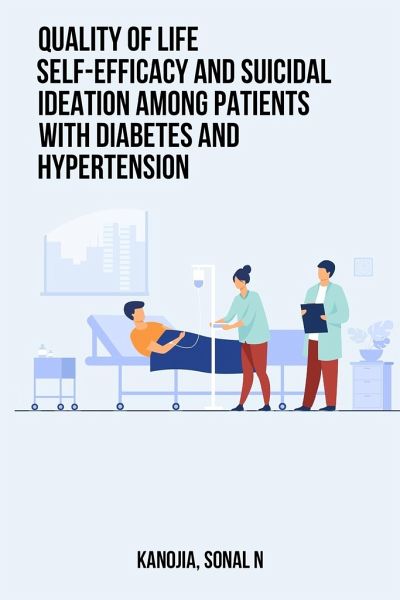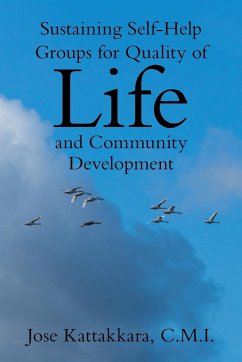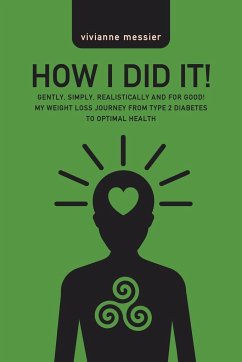Nicht lieferbar

Quality of life self-efficacy and suicidal ideation among patients with diabetes and hypertension
Versandkostenfrei!
Nicht lieferbar
OVERVIEW: This is the 21 st century, which also known as the smart digital modern era. This century has provided us with a highly flexible way of living. This type of lifestyle has both positive and negative effects on human beings. The positive impact is that it makes our lives easier, smoother, and faster; the adverse effect is that it has a negative impact on our physical and mental health, as well as our social health, in the case of the Covid-19 pandemic. It is associated with a variety of issues, including physical, social, economic, and mental. Cancer, PCOD, hypertension, diabetes, coro...
OVERVIEW: This is the 21 st century, which also known as the smart digital modern era. This century has provided us with a highly flexible way of living. This type of lifestyle has both positive and negative effects on human beings. The positive impact is that it makes our lives easier, smoother, and faster; the adverse effect is that it has a negative impact on our physical and mental health, as well as our social health, in the case of the Covid-19 pandemic. It is associated with a variety of issues, including physical, social, economic, and mental. Cancer, PCOD, hypertension, diabetes, coronary heart disease, obesity, arthritis, and many more illnesses have an impact on our daily lives. With sixty-seven years having passed since India gained independence from the United Kingdom, it appears that the country's population's health has improved significantly. However, enormous transformations have occurred in the country during the last few decades, and they have had a significant influence on health outcomes. Economic development, nutritional status, and mortality rates have all altered, which has had a significant impact on the illness profile, which has changed significantly. Notwithstanding tremendous progress in the management of infectious illnesses, it has been discovered that they continue to contribute considerably to the overall disease burden in the country, despite these gains. Chronic Noncommunicable Illnesses (NCDs) such as cardiovascular disease (CVD), diabetes, chronic obstructive pulmonary disease (COPD), cancer, mental health problems, and injuries have increased in prevalence as a result of the reduction in morbidity and mortality resulting from communicable diseases (Mohan et al., 2011). Researchers and policymakers all around the globe are increasingly identifying non-communicable diseases (NCDs) as a public health and developmental issue. The most common cause of mortality in the South-East Asian area is noncommunicable diseases (NCDs), which claim the lives of 7.9 million people each year (55 % of the total deaths in the region).














